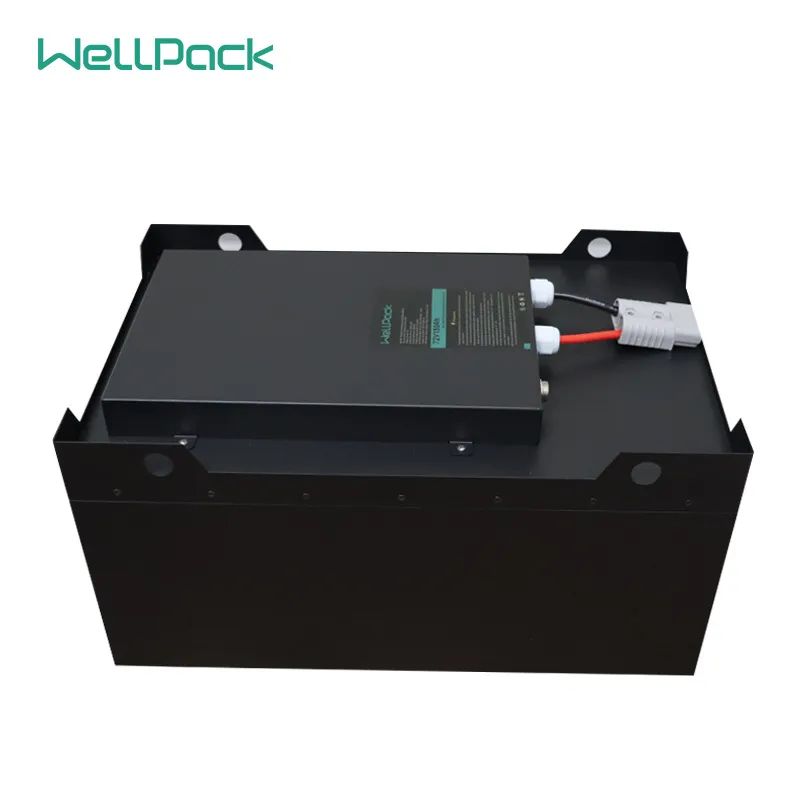
How Much Does a Car Battery Cost in 2025?
2025-10-14 17:10When your car struggles to start on a busy morning commute, the last thing you need is sticker shock at the auto shop. Car battery costs in 2025 hover around familiar territory, but they can swing based on a few practical details. Let's break it down so you can plan ahead and avoid overpaying.
Factors Shaping Car Battery Prices
Prices aren't one-size-fits-all because real-world needs differ. The battery type leads the pack: basic lead-acid batteries keep costs low for everyday drivers, while AGM versions, which handle vibrations and heat better, push prices higher for trucks or off-roaders. Your vehicle's age and specs matter—older sedans take generic fits, but hybrids demand pricier integrations. Regional differences sneak in too; coastal humidity might call for corrosion-resistant options. Finally, add-ons like extended warranties bump the total but pay off if you're logging high miles annually. Spotting these early helps you shop smarter.
Average Costs by Battery Type
For most gas-powered cars, a standard replacement runs $100 to $250, covering the battery itself without install fees. Step up to AGM for reliability in stop-and-go traffic, and you're looking at $190 to $320—worth it if frequent shorts drain your wallet on jumps. EV owners face steeper averages of $4,000 to $18,000 for full packs, though per-kWh rates have dipped to $139 this year, making upgrades more feasible. Factor in $50 to $150 for professional fitting, and you've got a clear budget line.
Practical Tips to Trim Replacement Expenses
You don't have to pay top dollar if you know where to look. Start by comparing quotes from chains like O'Reilly or Advance Auto— they often undercut dealers by 20%. Online marketplaces deliver solid deals on compatible models, just verify group size via your owner's manual. Opt for trusted mid-tier brands over flashy ones; they deliver 3-5 years of service without the premium tag. Pro tip: Get a free load test at most parts stores to confirm it's the battery, not a failing alternator, wasting your cash. And recycle the old unit—core credits shave off $10 to $20 right away.

Signs It's Time for a New Battery
Catching issues early sidesteps roadside drama and extra fees. If the engine cranks slowly or lights dim when accessories run, voltage is likely fading—grab a $10 multimeter and aim for 12.6V engine-off. Swollen cases or corrosion signal internal failure from heat cycles. In daily life, track patterns: Batteries in hot garages die faster, so inspect terminals monthly with a baking soda scrub. Replacing proactively keeps your average car battery cost from ballooning into emergency territory.
Armed with this, your next battery swap feels less like a gamble. Focus on fit and function, and you'll drive away satisfied—without the budget blues.
